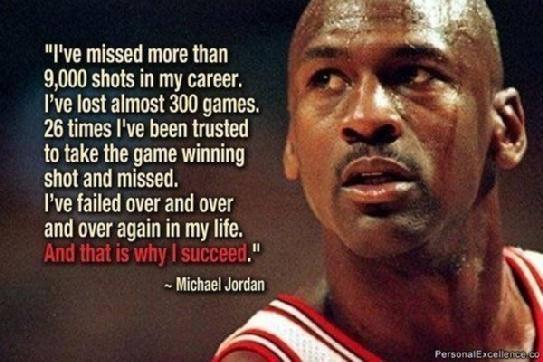The class may remember the brief discussion about Kevin Mitnick, who was one of the original hackers. He was caught, convicted, served time, and has now turned to good.
This recent article,
Kevin Mitnick will sell you security exploits, if you have $100,000, highlights how people on the "good" side of security can make money. Although this article points out he is in "murky" territory.
He is offering to sell zero-day exploits (which means recently-found security holes) to companies. Presumably this would be to the company that needs to fix the exploit rather than companies who will try to make money off the exploit.
Many companies offer cash bonuses to people who report security flaws to them ... first. But I suspect $100,000 is on the high side of the bonuses offered.
